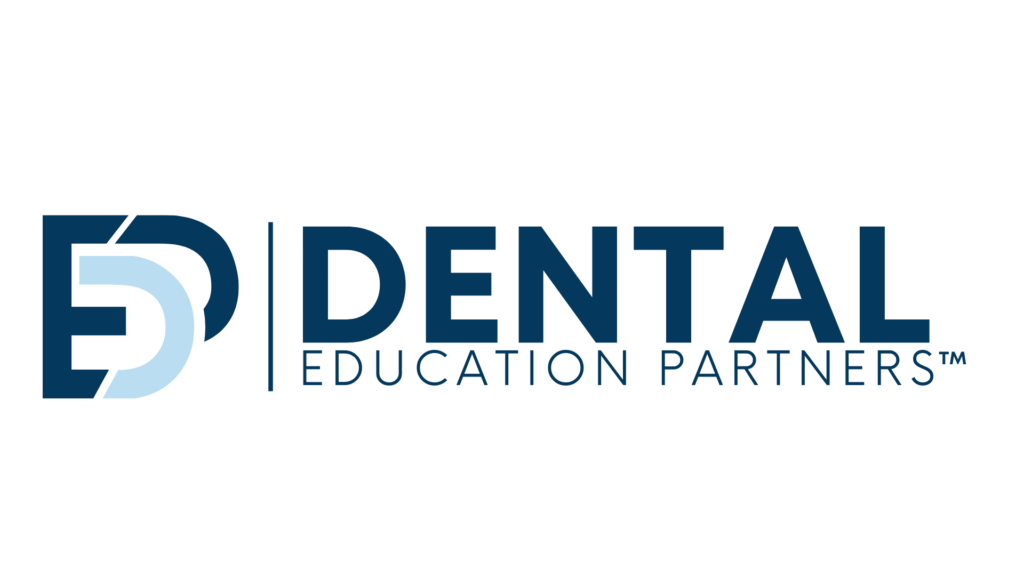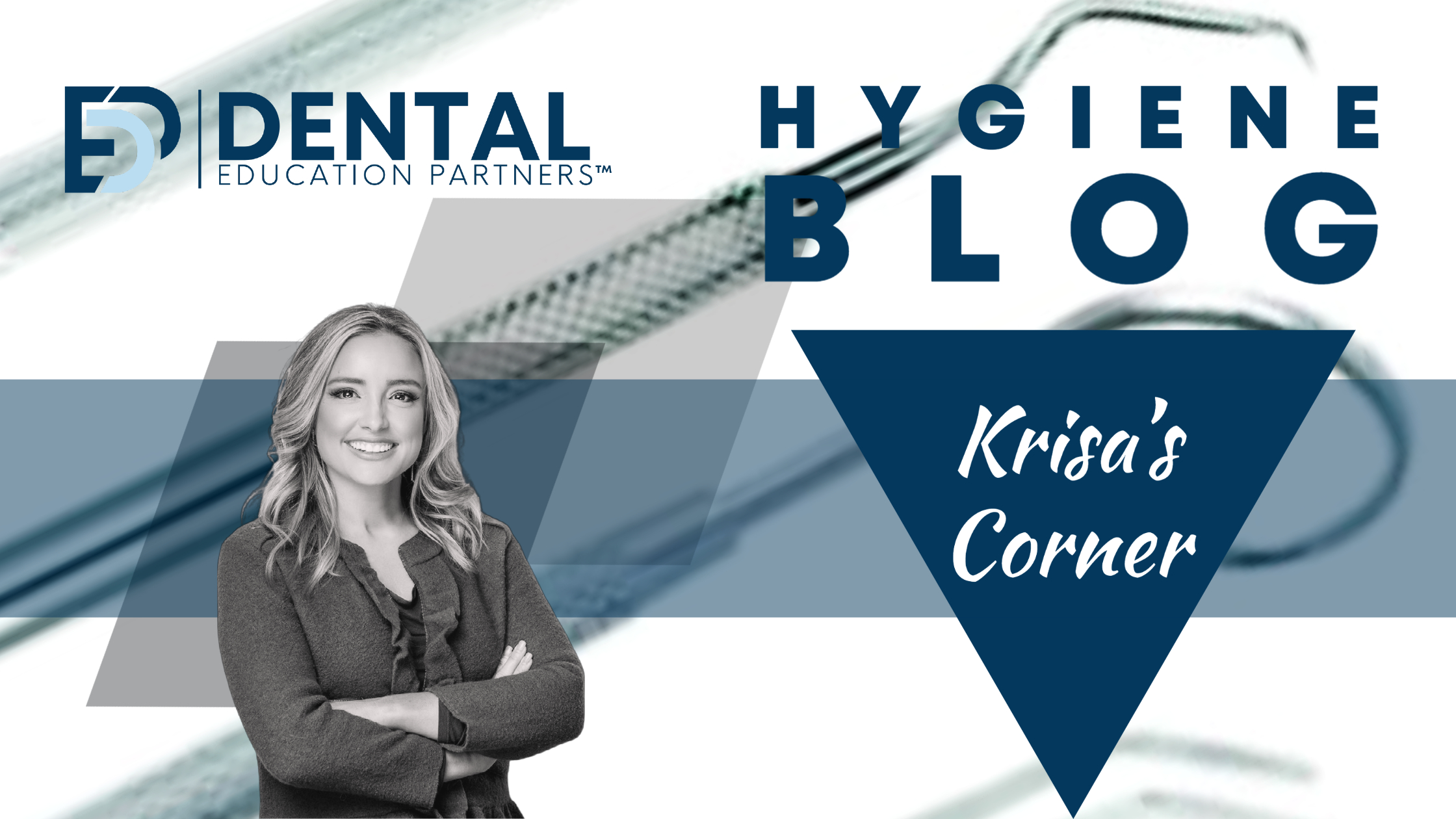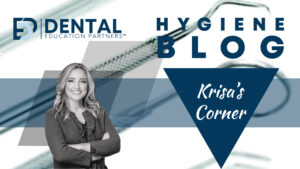As any dental practitioner knows, cancellations and no-shows can be a significant drain on both time and resources. Not only do they disrupt the schedule, but they also result in lost revenue and can lead to inefficiencies in patient care. However, there are proactive steps that dental practices can take to minimize these occurrences and ensure smoother operations. In this blog post, we’ll explore some effective strategies for reducing cancellations and no-shows in your dental practice.
Appointment Reminders: Implementing a robust appointment reminder system can significantly reduce the likelihood of no-shows. Reminders can be sent via text messages, emails, or automated phone calls a day or two before the scheduled appointment. These reminders serve as gentle prompts for patients and allow them to confirm, reschedule, or cancel if necessary, well in advance.
Confirmation Calls: In addition to automated reminders, consider having your staff make confirmation calls to patients a day before their appointment. Speaking directly with a staff member can reinforce the importance of the appointment and provide an opportunity for patients to address any concerns or questions they may have.
Online Booking and Scheduling: Offering online booking and scheduling options can make it more convenient for patients to schedule appointments at their own convenience. This can help reduce the likelihood of last-minute cancellations due to scheduling conflicts or forgotten appointments.
Implement a Cancellation Policy: Clearly communicate your practice’s cancellation policy to patients at the time of booking and include it in appointment reminders. Consider implementing a policy that requires a minimum notice period for cancellations, and outline any associated fees for late cancellations or no-shows. While it’s essential to be firm with your policy, also be flexible in cases of emergencies or unforeseen circumstances. I recommend recording it in the ledger for your record. When and if the person should call and cancel again, you can flag their account to prepay for all procedures moving forward.
Build Patient Relationships: Establishing a personal connection with your patients can foster a sense of loyalty and responsibility towards their appointments. Take the time to engage with patients during their visits, addressing their concerns, and providing exceptional care. Building trust and rapport can make patients more likely to prioritize and attend their appointments. This may help when a patient calls to cancel, to train your staff members to say, “ Oh, we had you booked for two hours. Let me tell Dr. Jones you won’t be making it today.” Because of the relationship, the patient may change their mind and realize their “emergency” is not a true emergency.
Offer Incentives: Consider offering incentives or rewards for patients who consistently keep their appointments. This could be in the form of discounts on future treatments or complimentary services. Incentives can serve as a positive reinforcement for desired behavior and encourage patients to adhere to their scheduled appointments.
Optimize Appointment Scheduling: Evaluate your appointment scheduling practices to ensure they are efficient and realistic. Avoid overbooking or scheduling appointments too close together, which can increase wait times and contribute to patient frustration. Allow adequate time for each appointment to address patient needs thoroughly.
Track and Analyze Data: Keep track of cancellation and no-show rates over time and analyze the data to identify trends and patterns. Are there particular days or times when cancellations are more common? Understanding these patterns can help you adjust your scheduling practices and implement targeted strategies to address the underlying issues. For example, side booking to unconfirmed patients are a great option, especially on a Monday morning!
In conclusion, minimizing cancellations and no-shows in your dental practice requires a proactive approach that focuses on communication, patient engagement, and efficient scheduling practices. By implementing the strategies outlined above, you can reduce the frequency of missed appointments, improve patient satisfaction, and optimize the overall efficiency of your practice.


